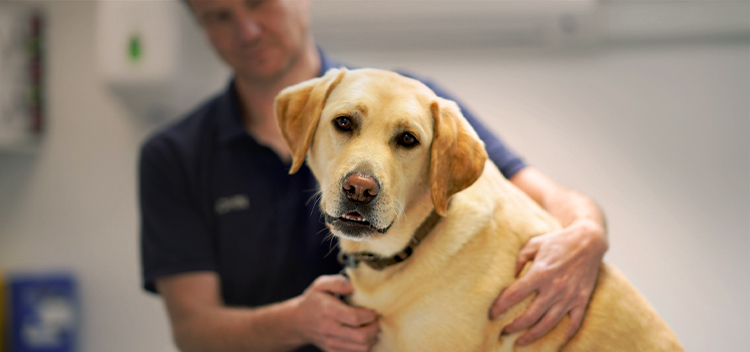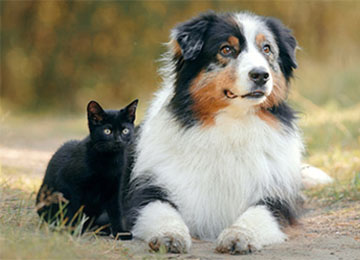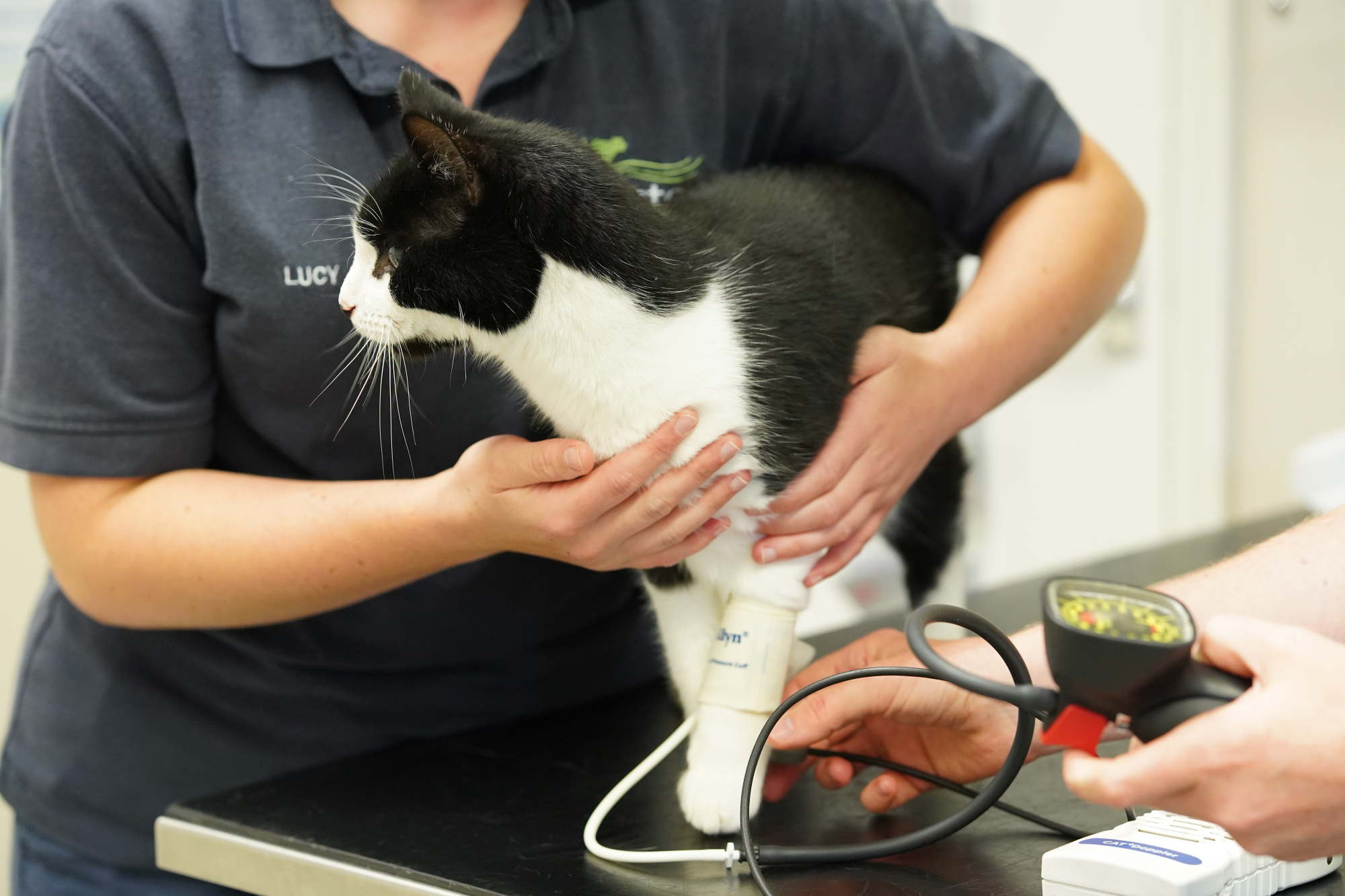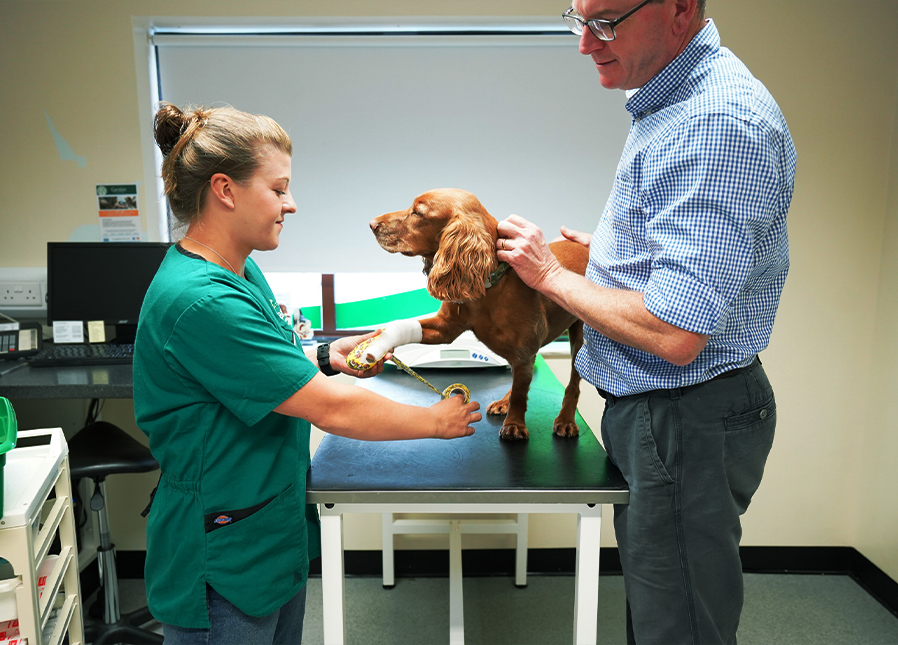
Microchipping - helping to reunite owners with pets
Microchipping is a quick, simple, and low-cost procedure that can help to reunite you with your dog or cat should they go missing.
On April 6th, 2016, it became a legal requirement in the UK to microchip all dogs from 8 weeks of age and older.
Cat microchipping is also now compulsory in England, with all cats over 20 weeks old needing a microchip implanted by the 20th June 2024.
Nearly 1000 pets go missing every day in the UK, either as a result of wandering off during a walk, escaping from home, or more worryingly being stolen. We also often have to try and find owners of animals that have been injured – most commonly with cats as a result of road traffic accidents. Without a microchip, or with a microchip that has outdated information, it can often be impossible to trace an owner.
Microchipping your pet
A microchip is the size of a grain of rice and is inserted via a needle and special applicator just under the skin between your pet’s shoulder blades. Each microchip has a unique identification number that will show up when your pet is scanned at a veterinary practice or an animal rescue shelter.
If your dog or cat is not yet microchipped, please make an appointment at your nearest surgery or join our Wellness Plan to benefit from a free chip for your pet. Other small animals can be microchipped too, such as rabbits and ferrets, so long as they are big enough to have the microchip implanted.
Keeping your contact details up-to-date
Once your pet has been microchipped, it is really important to keep your registered contact details up to date on the associated database. This is usually easy to do online these days.
Garston Vets currently uses PETtrac microchips. As part of the registration process, we provide your personal data on a contractual basis with them. The PETtrac privacy policy that explains how they use your data can be found at www.pettrac.co.uk.
Part of your pet’s preventative healthcare
We consider microchipping to be a very important preventative healthcare requirement, which helps permanently identify an animal’s owner.



